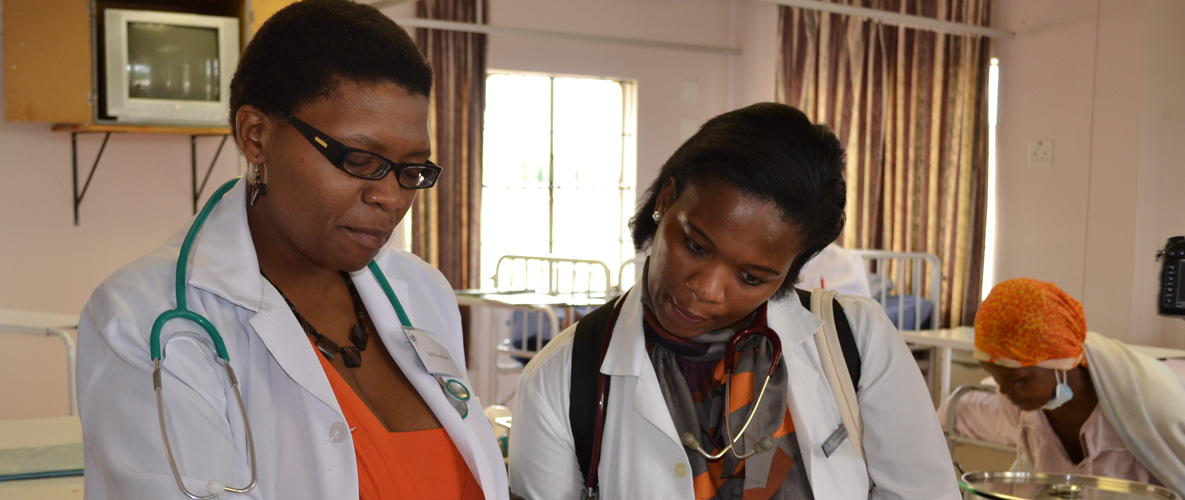Our Progress in South Africa

Since its launch in June 2000, CDC South Africa has provided extensive technical assistance and resources to the South African government (SAG) and partners in the national response to HIV/AIDS. In December 2010, US Secretary of State Hillary Clinton and Minister of International Relations and Cooperation Maite Nkoana Mashabane signed an HIV Partnership Framework to codify PEPFAR s continued support. Under the Partnership Framework, CDC South Africa focuses on the following areas of HIV support:
- Preventing new HIV and TB infections with a comprehensive approach to HIV prevention, expanding HIV counseling and testing, scaling-up Medical Male Circumcision, and preventing Mother-to-Child HIV Transmission
- Increasing life expectancy and improving the quality of life for people living with and affected by HIV and TB by scaling-up services
- Strengthening the effectiveness of the HIV and TB response system through strengthening laboratory systems, enhancing strategic information and monitoring and evaluation systems, and building human resources for health
- 4,200 PMTCT sites offer provider initiated HIV counseling and testing and antiretroviral therapy to HIV-infected patients.
- Trained more than 2,000 nurses and clinicians to provide integrated HIV and TB screening and treatment in primary health facilities.
- Supported the South African National AIDS Council in assuming leadership for Global Fund activities and leading the development of the National Strategic Plan.
South Africa empowered the South Africa National AIDS Council (SANAC) to assume leadership for Global Fund Activities and monitoring the objectives of the National Strategic Plan (NSP) for HIV/AIDS and TB. CDC staff members are engaging with SANAC to develop and cost the new NSP that covers 2011-2015.
In support of National Institute for Communicable Diseases on HIV testing methodologies, CDC implemented programs aimed at measuring the quality of infant diagnostic testing and integrating existing laboratory data collection networks. The Electronic TB Register surveillance system is linking into national health information systems.
CDC provides technical assistance, including training and policy development, to the NDOH to scale up PMTCT programs. Currently, the NDOH has 4,200 PMTCT sites offering provider-initiated testing and counseling and either HAART or dual therapy to HIV-infected patients.
In collaboration with the National Jewish Hospital and the University of Pretoria, CDC launched the first international TB training course in southern Africa which trained more than 2,000 nurses and clinicians to provide integrated HIV and TB screening and treatment in primary health care facilities.
View International Health Regulations Risk Communication Workshop, Pretoria, South Africa